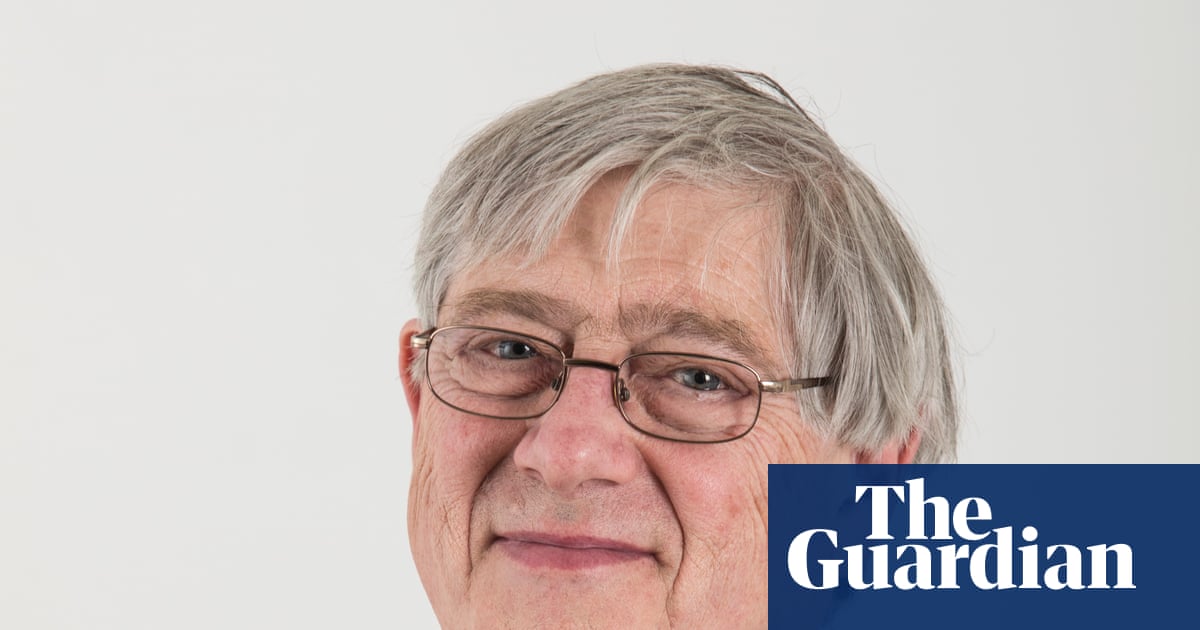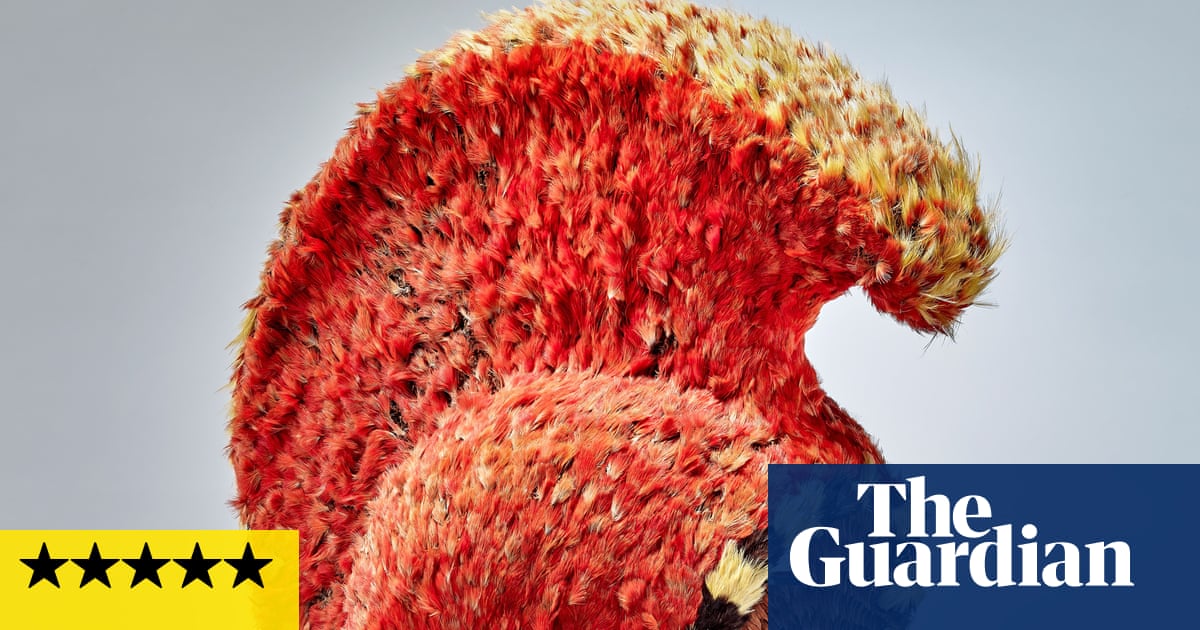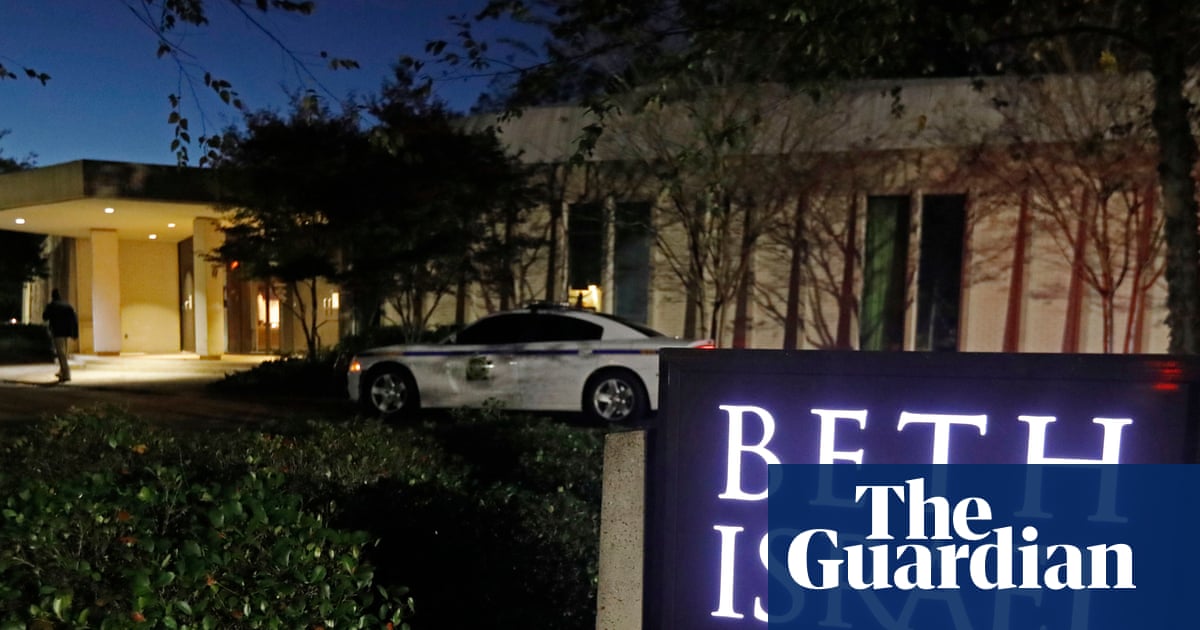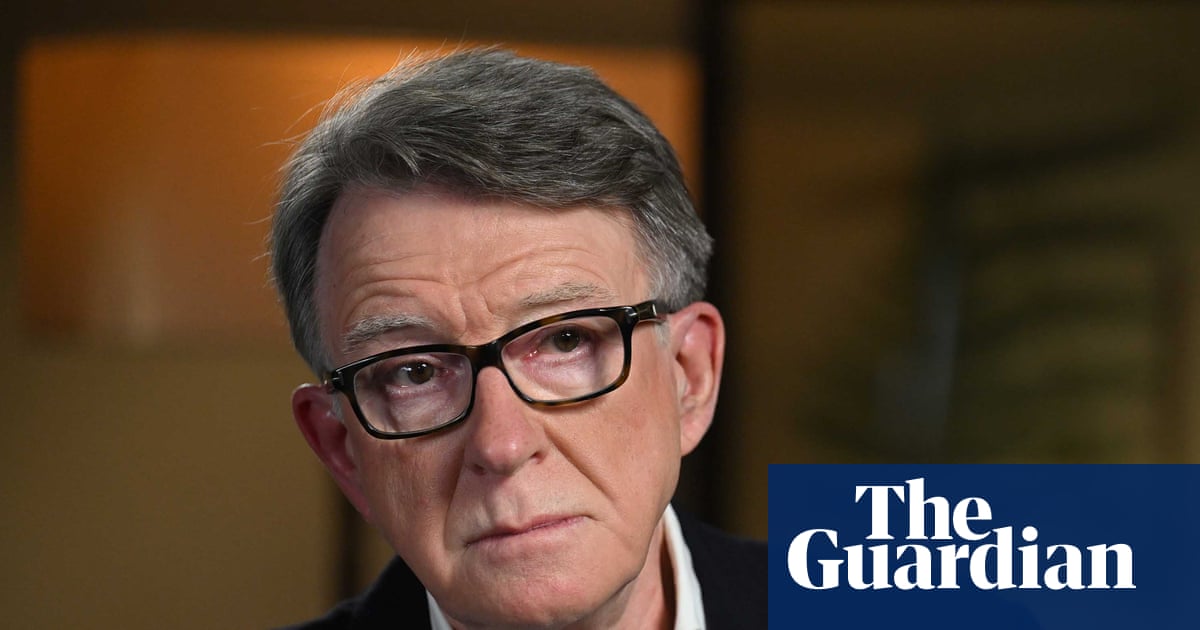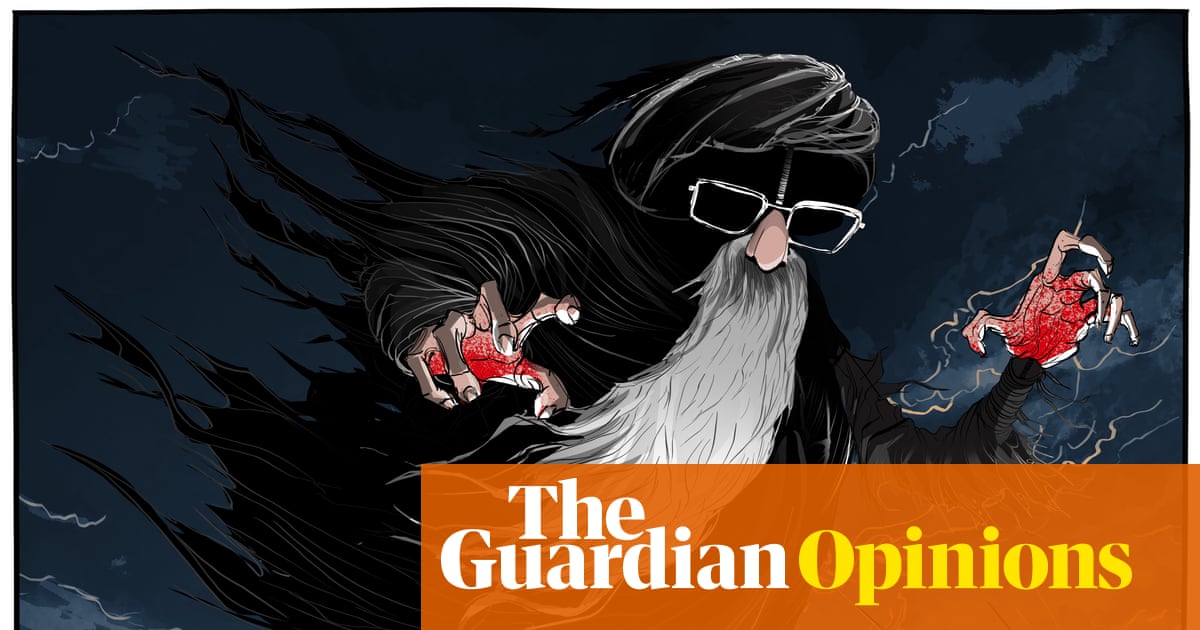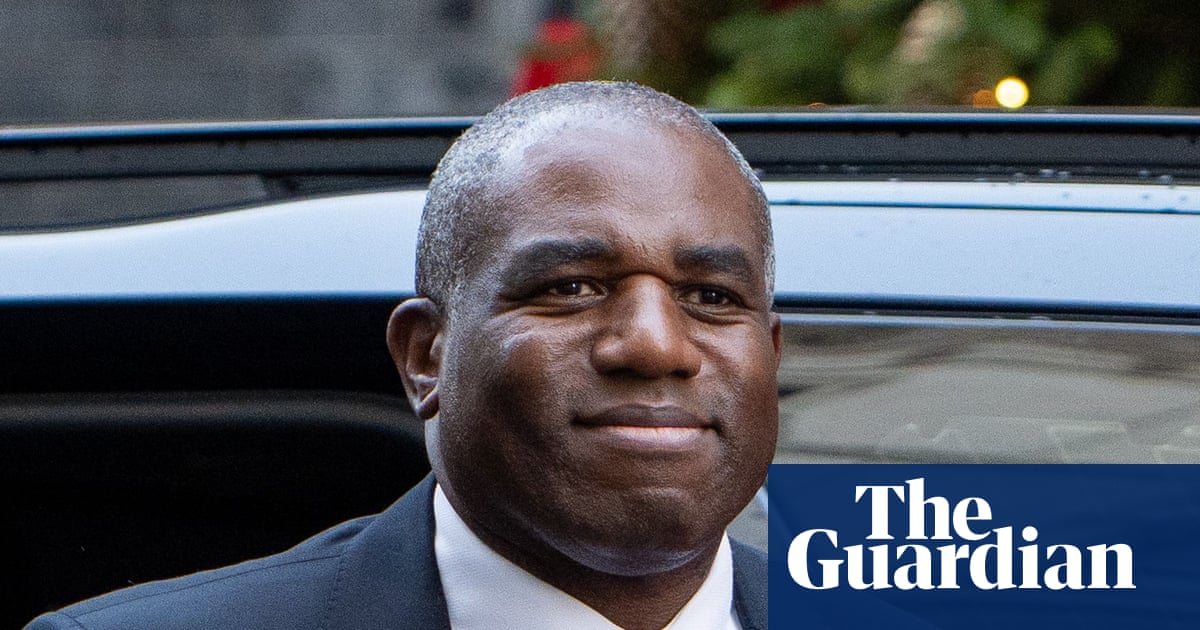Polly Toynbee describes NHS drug pricing as a “special circle of hell”, and I can vouch for that, but there are ways it can be made better (Who benefits if NHS drug prices soar? Donald Trump and big pharma. Just one more way he’s menacing Britain, 16 September).
New drugs are never cheaper than the ones they replace, so if the NHS is going to use them, they need to be better. Most newly licensed drugs do something useful for at least some patients. While a few revolutionise treatment, most edge forward improvements in the quality and length of life, and the National Institute for Health and Care Excellence (Nice) recommends the great majority of them.
Spending more money on a new drug takes cash away from elsewhere in the NHS, so Nice and the NHS use a bit of health economics to work out how to make this trade-off. Companies complain that the formula for this hasn’t been updated for 25 years, but Nice frequently flexes its baseline value-for-money threshold to facilitate access to promising new treatments.
After Nice recommends new medicines, companies face a couple of other challenges. The NHS is sometimes slow at adopting new drugs, and when it does, a separate mechanism, negotiated between the drugs industry and the government, places a limit on the amount of money companies can make out of them.
Three things might help make what will always be a tricky process a little easier. First, Nice and the government should set up an independent review of the value-for-money threshold and implement its recommendations.
Second, Nice should set take-up rates (numbers of patients prescribed each year) for the drugs it recommends, and the NHS should commit to achieving them. And third, in return, companies should engage early with Nice and put a realistic price forward at the beginning (they always know what it is) rather than waiting for Nice to say no and then reducing it later. Companies that do this should then get a special deal on the price cap.
Andrew Dillon
Founding chief executive, National Institute for Health and Care Excellence, 1999-2020

 3 months ago
113
3 months ago
113

